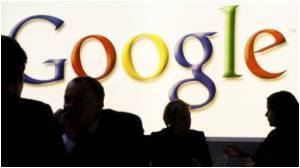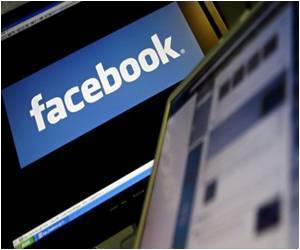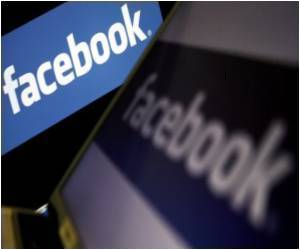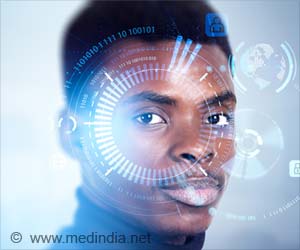A new study has indicated that social media tools like Facebook, Twitter and Foursquare may be an important key to improving the public health system's ability to prepare for, respond
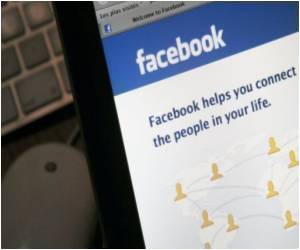
From earthquakes to oil spills or other industrial accidents to weather-related events like heat waves and flooding, the authors suggest that harnessing crowd-sourcing technologies and electronic communications tools will set the stage to handle emergencies in a quicker, more coordinated, effective way.
The researchers suggest that social media enables an unprecedented, two-way exchange between the public and public health professionals.
Officials can "push" information to the public while simultaneously "pulling" in data from lay bystanders.
"By sharing images, texting, and tweeting, the public is already becoming part of a large response network, rather than remaining mere bystanders or casualties," stated the authors.
They note that the extensive reach of social networks allows people who are recovering from disasters to rapidly connect with resources to obtain help.
Advertisement
The study will be published in a New England Journal of Medicine this week.
Advertisement

